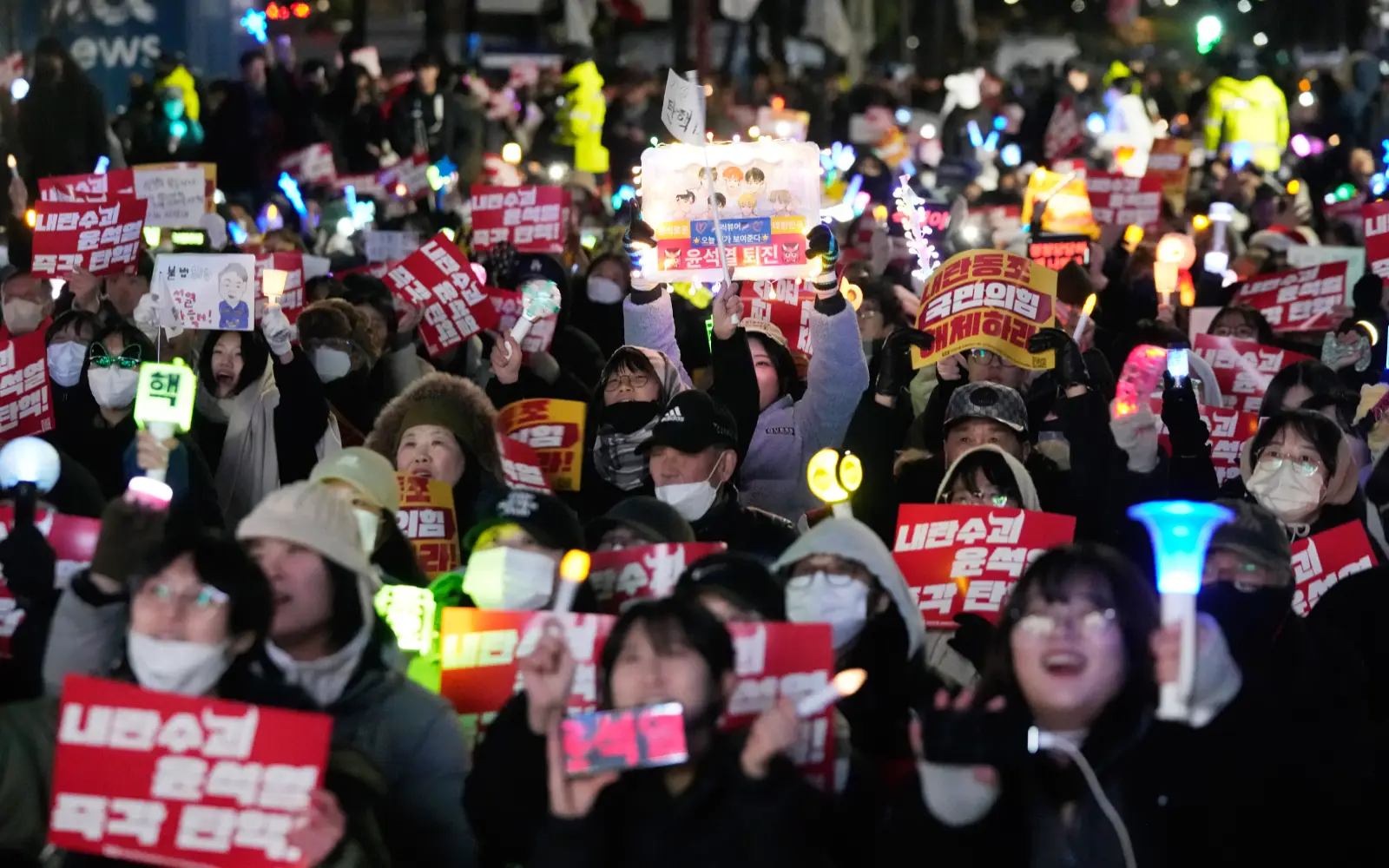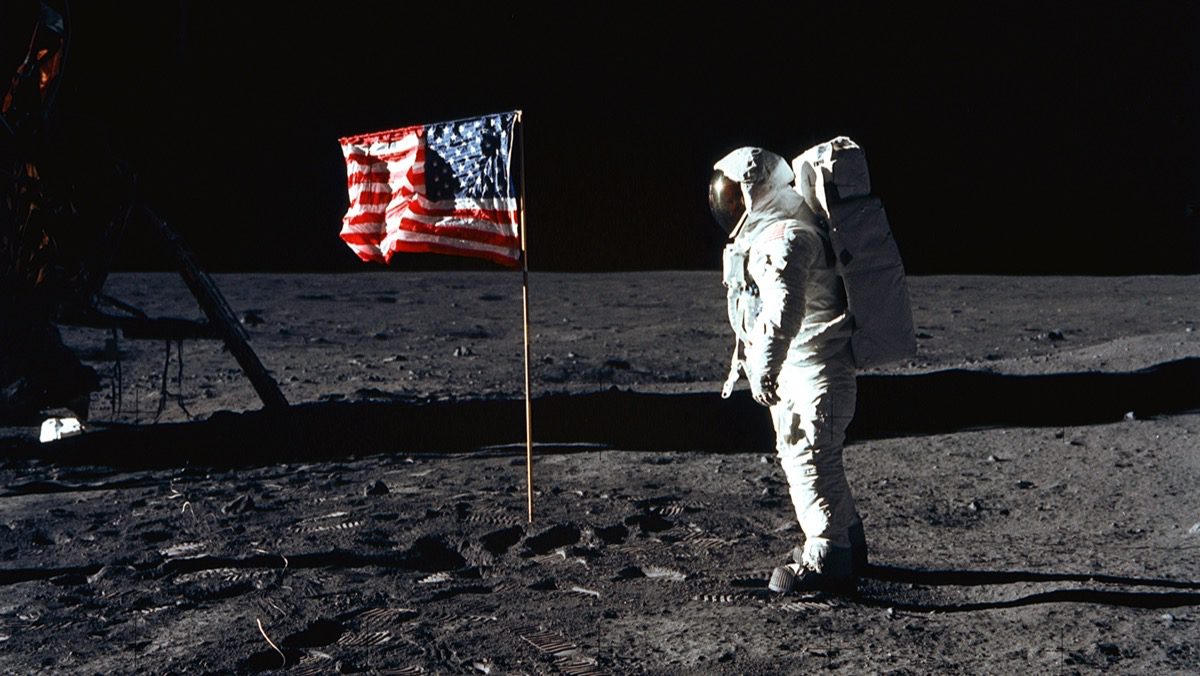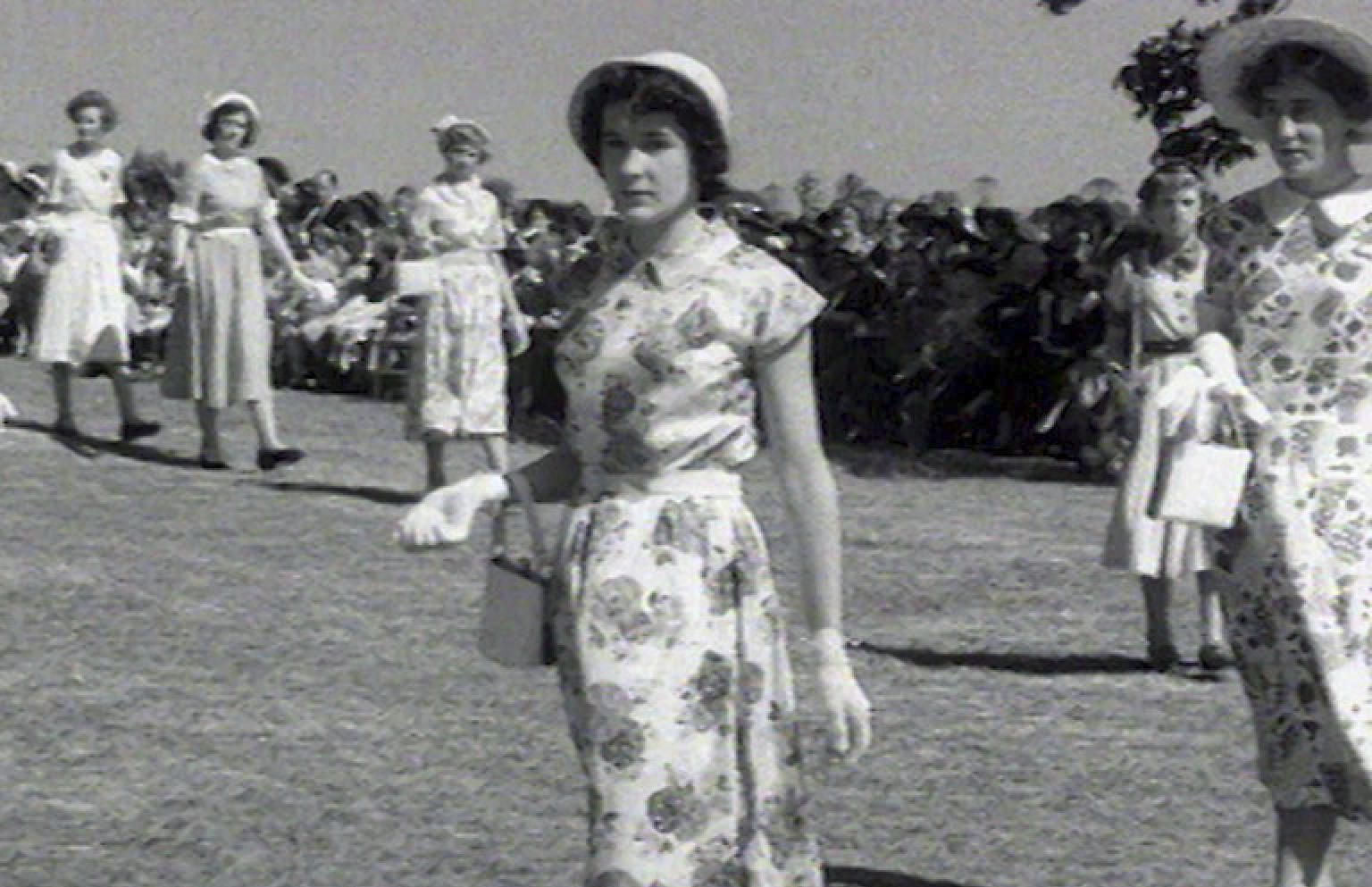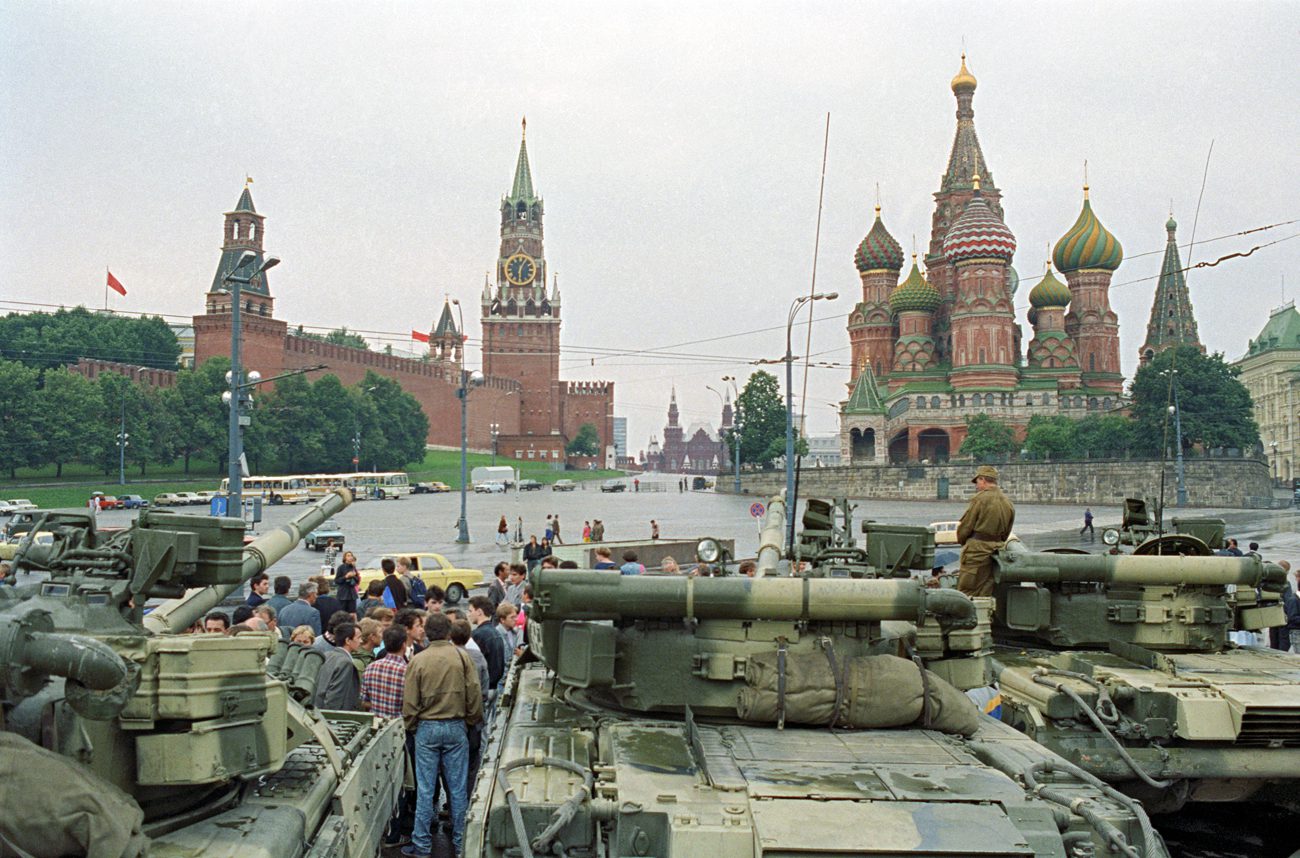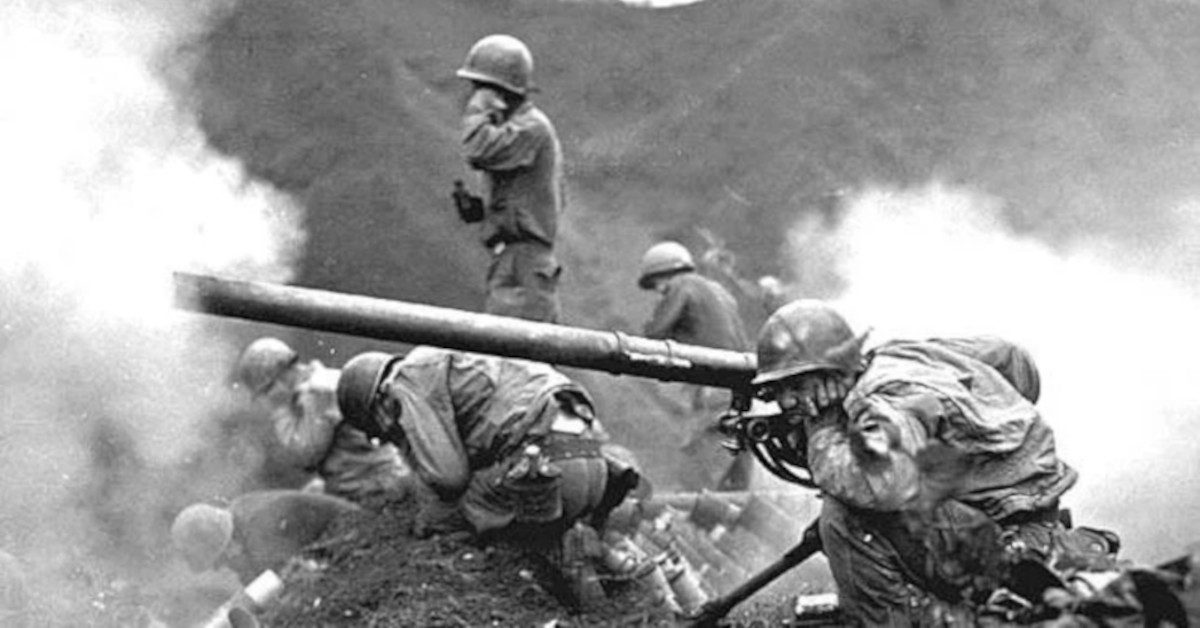
Combat in the High Himalayas: the Sino-Indian War of 1962
Reading time: 13 minutes
There are corners of the map where the neat lines of national boundaries, so carefully laid and plotted over the modern era, begin to blur and bleed. Aksai Chin, the bleak “White Stone Desert” which sits just inside China’s western border, is one of these.
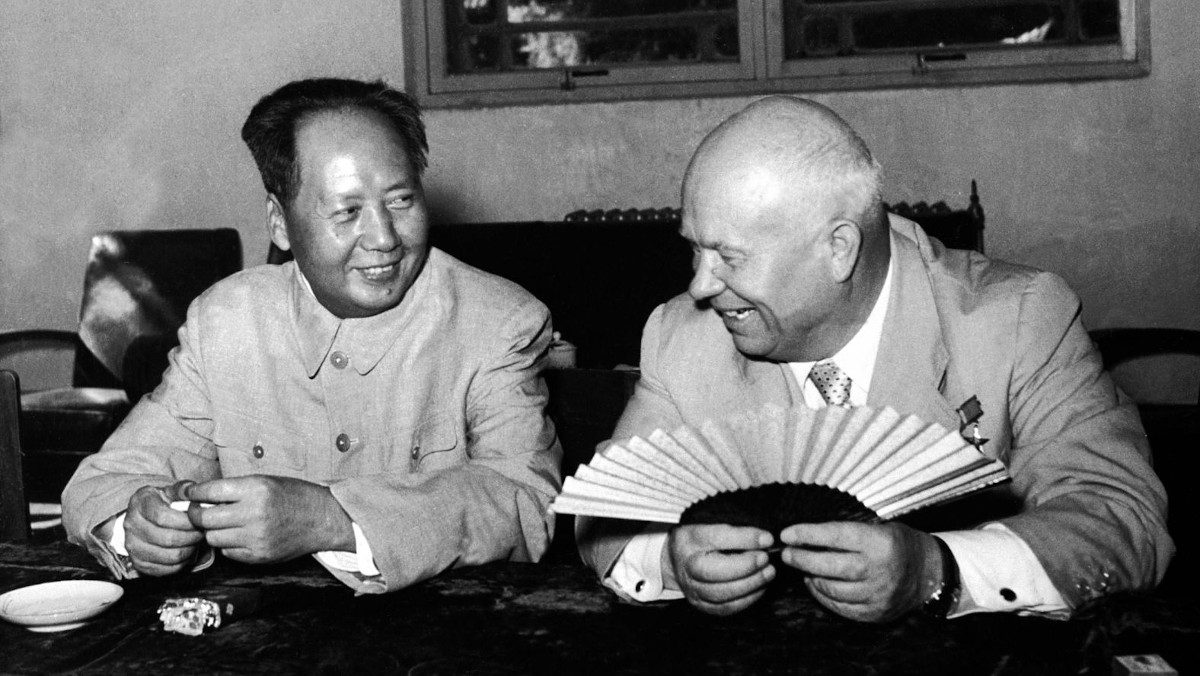
How the Sino-Soviet split created strange bedfellows
Reading time: 6 minutes
The Cold War had a lot of strange alliances, with many unlikely partners like Australian intelligence helping overthrow Chile’s elected government or the United States selling weapons to Iran. Weirder still, a natural alliance, one between the communist behemoths of the Soviet Union and China, never really worked out. What was behind the Sino-Soviet split, and how did it lead to China and the United States working together against the Soviet Union?
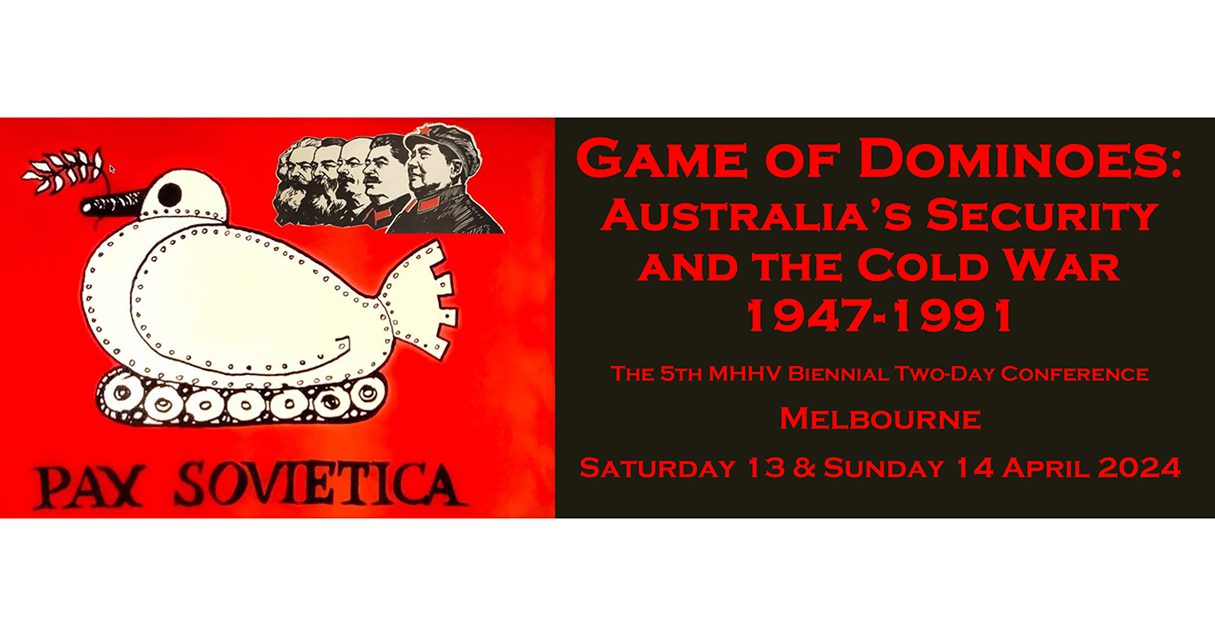
Game Of Dominoes: Australia’s Security And The Cold War 1947-1991 Conference
This conference, organised by Military History & Heritage Victoria and supported by History Guild will examine the Cold War period (1947-1991), its impact on Australia’s defence and security posture and Australia’s contribution to the Western alliance during this time.
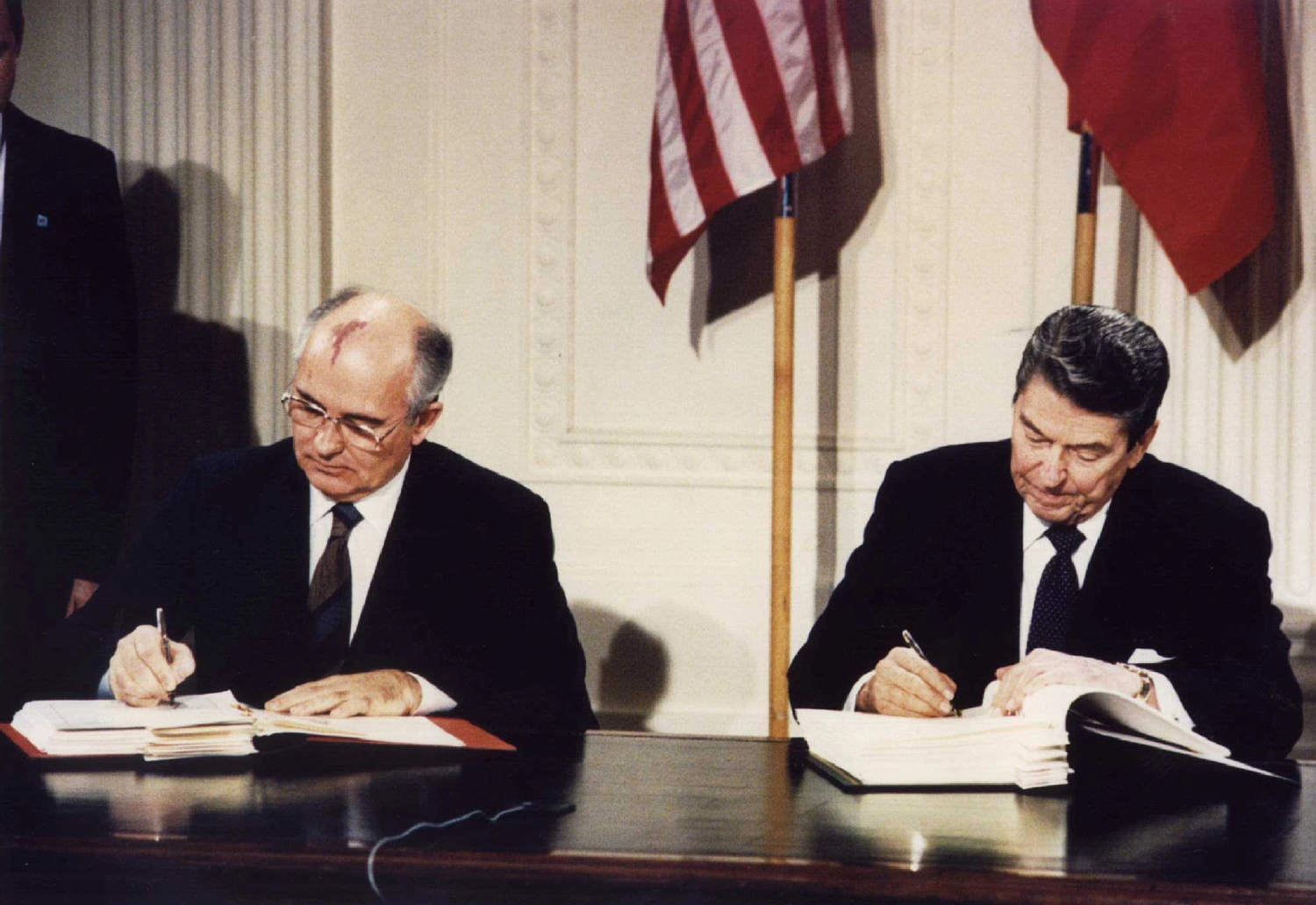
Ukraine war: how Gorbachev’s 1987 INF missile treaty has limited the arsenal available to Putin
Reading time: 4 minutes
Thanks to the final Soviet leader Mikhail Gorbachev, who has died aged 91, a disarmament treaty has denied Vladimir Putin thousands more missiles which he could have ordered to be used against Ukraine. Russian forces attacking Ukraine have not been able to use land-based missiles with ranges of between 500km and 5,500km because this entire category of weapons was scrapped under the 1987 Intermediate-Range Nuclear Forces (INF) Treaty, which the former Soviet leader was instrumental in establishing.
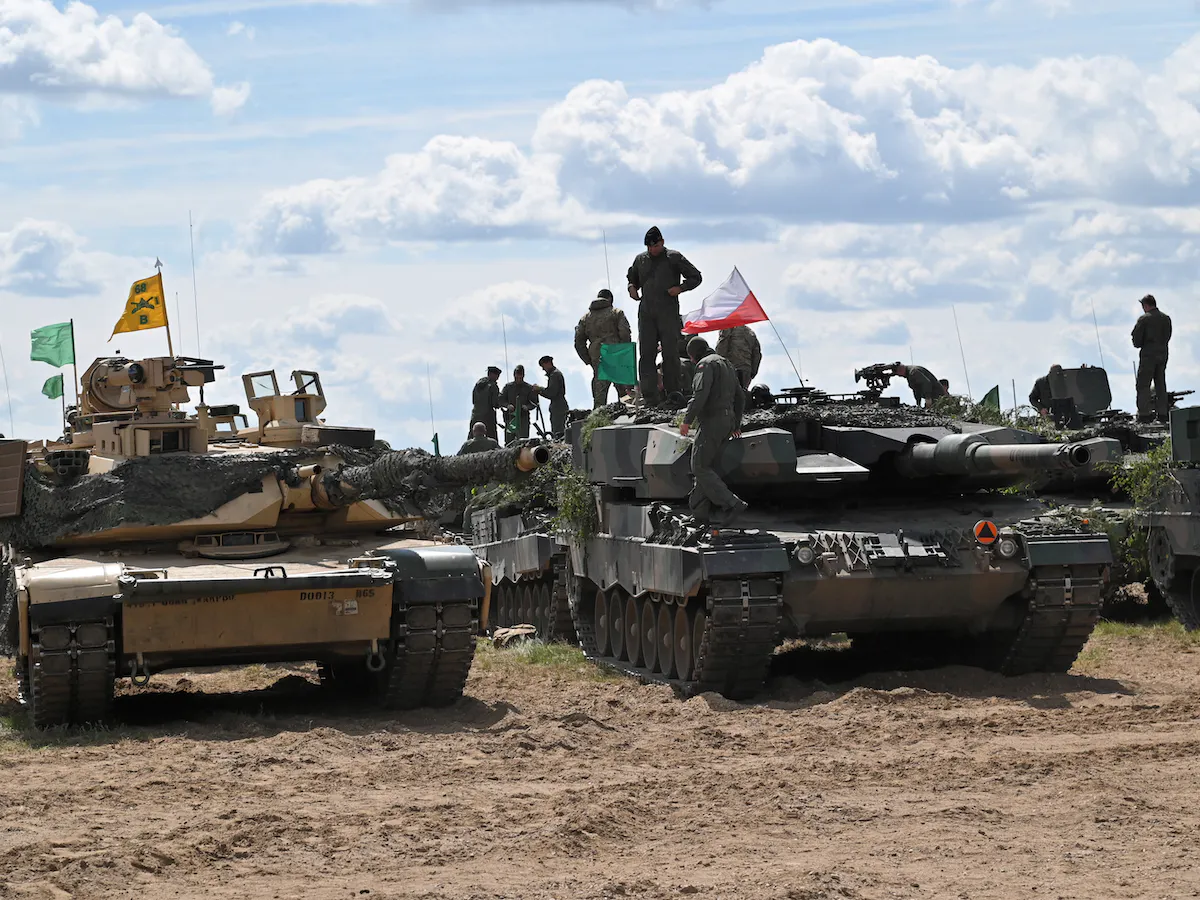
Ukraine: why supply of US and German tanks echoes cold war
Reading time: 5 minutes
The export of German and US tanks to Ukraine is not without risk, both real and symbolic. In purely military terms, well-trained, well-led and motivated Ukrainian tank crews operating the Leopard 2 or M1 Abrams will be better protected, have better firepower and be more manoeuvrable than their Russian counterparts. Provided the Ukrainians can cope with the fact that they will need different ammunition, spare parts and possibly fuel they can make a difference, significantly enhancing Ukraine’s capability to defend its territory.
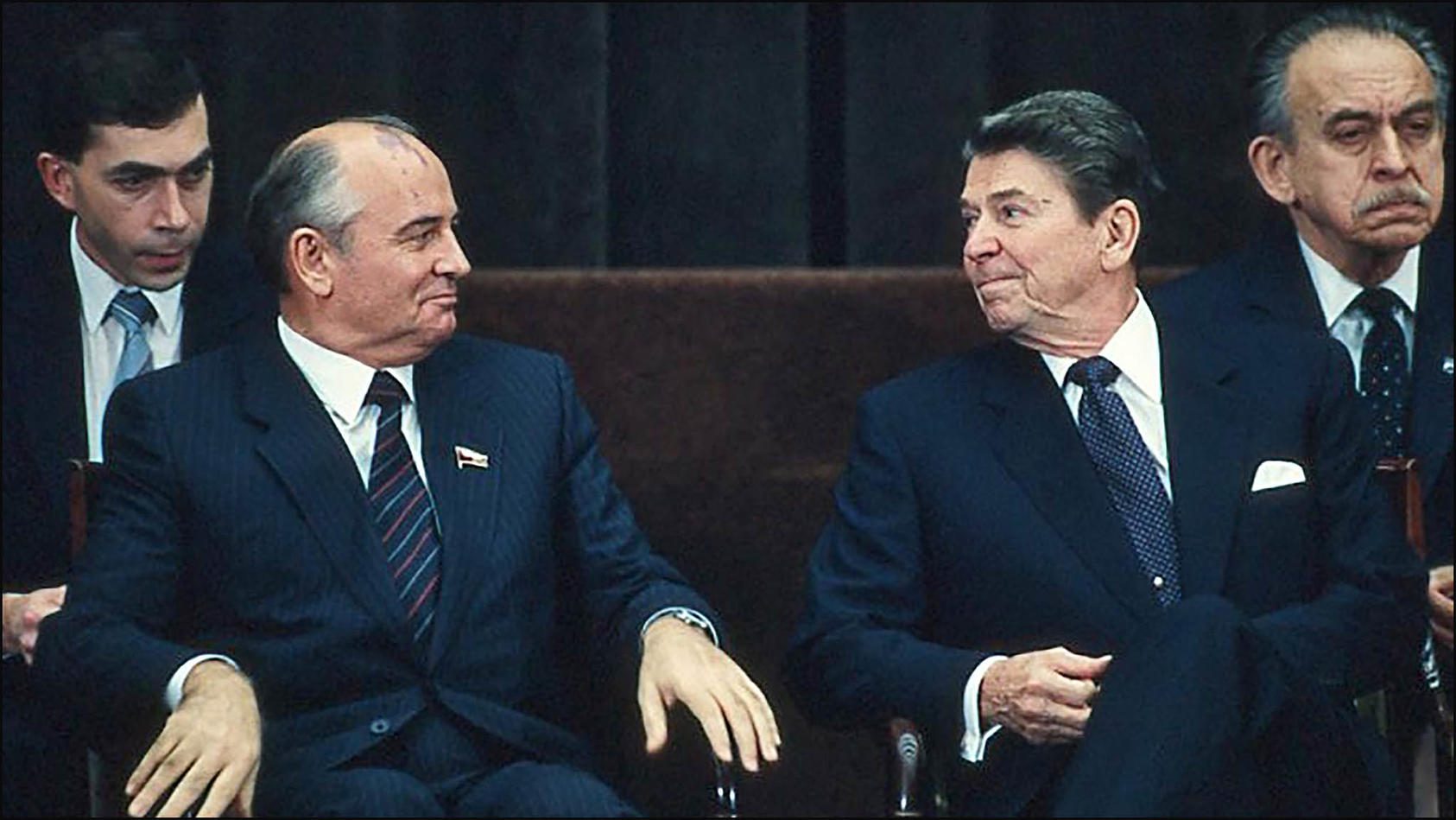
Why Gorbachev’s legacy still threatens Putin
Reading time: 5 minutes
Little remains of the legacy of Mikhail Gorbachev, the last Soviet leader and one of the greatest reformers in Russian history.
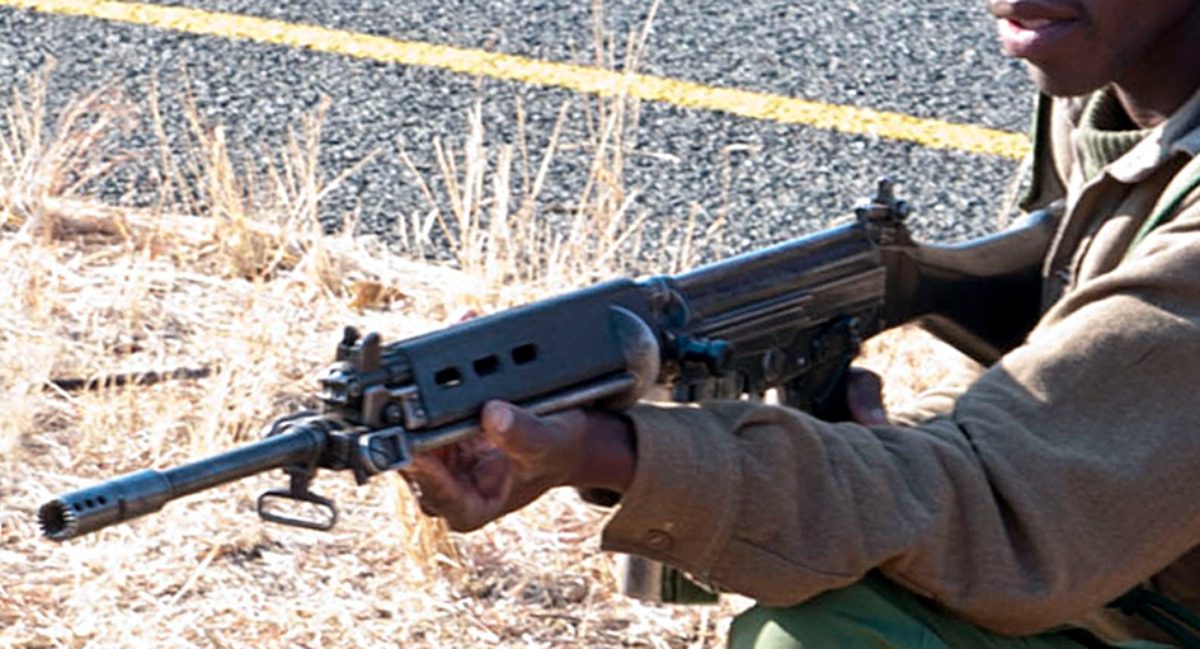
The R1 – South African Bush Rifle
Reading time: 9 minutes
In the wake of the rise of the Soviet Union’s AK-47 and the USA’s litany of rifles during the Cold War, South Africa needed a modern automatic service rifle. After trialling several different guns, the South African government settled on the Belgian FN FAL battle rifle. As a result, the “Rifle R1” was born – the bush gun of Southern Africa.
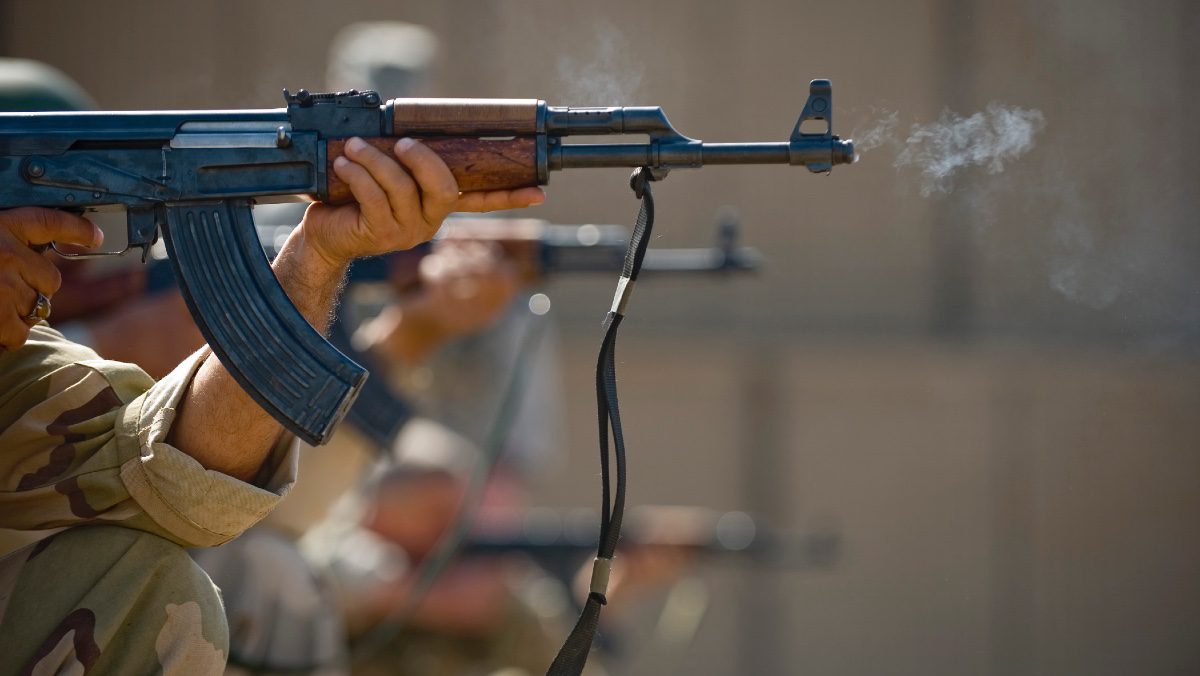
The Story of the AK-47: The World’s Most Famous and Deadliest Rifle
Reading time: 7 minutes
The AK-47 is perhaps one of the most recognizable automatic rifles in the world. This simple gun, produced by Mikhail Kalashnikov, was initially intended to replace the somewhat ineffective weapons carried by Soviet forces. However, it quickly became the weapon of choice during most conflicts following the Second World War. But, how did this weapon become the most famous and deadliest rifle in the world?

A Cuban Catastrophe: The Bay of Pigs Invasion
Reading time: 11 minutes
The 1959 Cuban Revolution resulted in rule by a communist regime under Fidel Castro. This period also saw counter-revolutionaries forming anti-Castro movements, complicating the already tumultuous political landscape. In 1961 the United States would intervene with a force made up of Cuban exiles, the infamous ‘Bay of Pigs’ invasion.
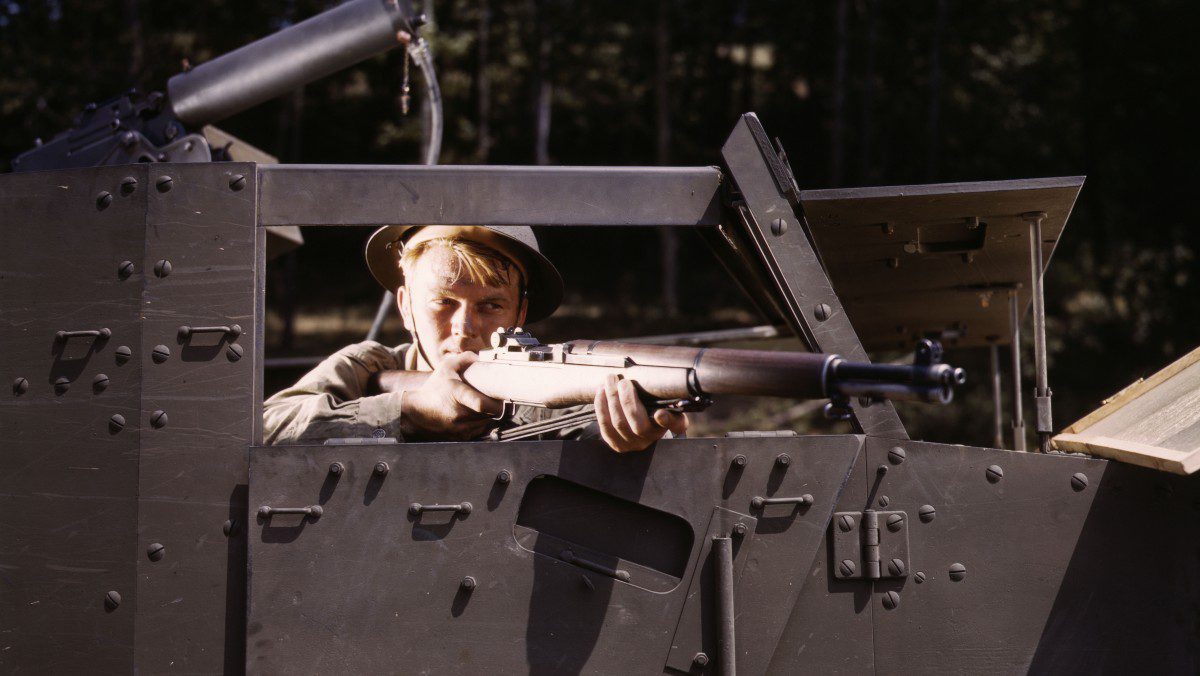
The Story of the M1 Garand: The Iconic and Influential World War 2 Weapon
Reading time: 7 minutes
Called the “greatest battle implement ever devised”, the M1 Garand semi-automatic rifle served the USA well during WW2 and beyond.
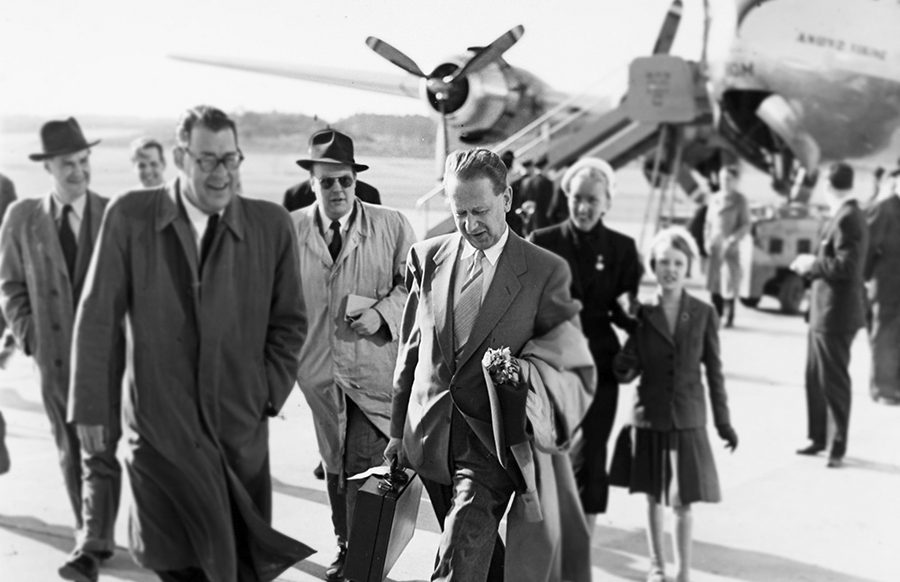
Dag Hammarskjöld: a defiant pioneer of global diplomacy who died in a mystery plane crash
Reading time: 5 minutes
The idea of a global institution has captivated thinkers since Immanuel Kant in the 18th century. But a body set up to create and maintain world peace and security needs the right people to make it work. When the United Nations was created in 1945, old sentiments — seen in the disbanded League of Nations — threatened to prevail. Would the UN and its leadership simply comply with the great powers of the day?
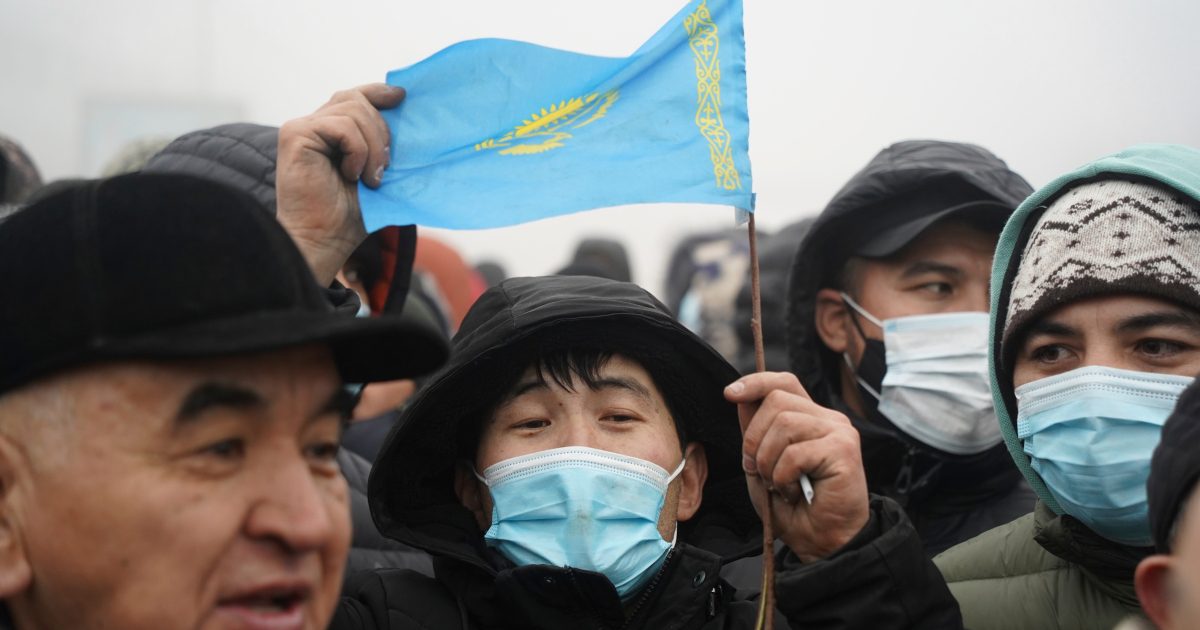
Kazakhstan: A Story of Endurance
Reading time: 7 minutes
As protests erupt across the former Soviet republic, the world watches transfixed. How did Kazakhstan come to be the country it is today?

Domino Theory and U.S. Foreign Policy
Reading time: 4 minutes
When looking at the cold war and the way the United States went about its foreign policy, you can’t escape the influence of the so-called domino theory. This belief, a common one in American’s halls of power, stated that if one country fell to communism, the surrounding ones would, too. Was there any truth in this theory, though, or was it more scare mongering?
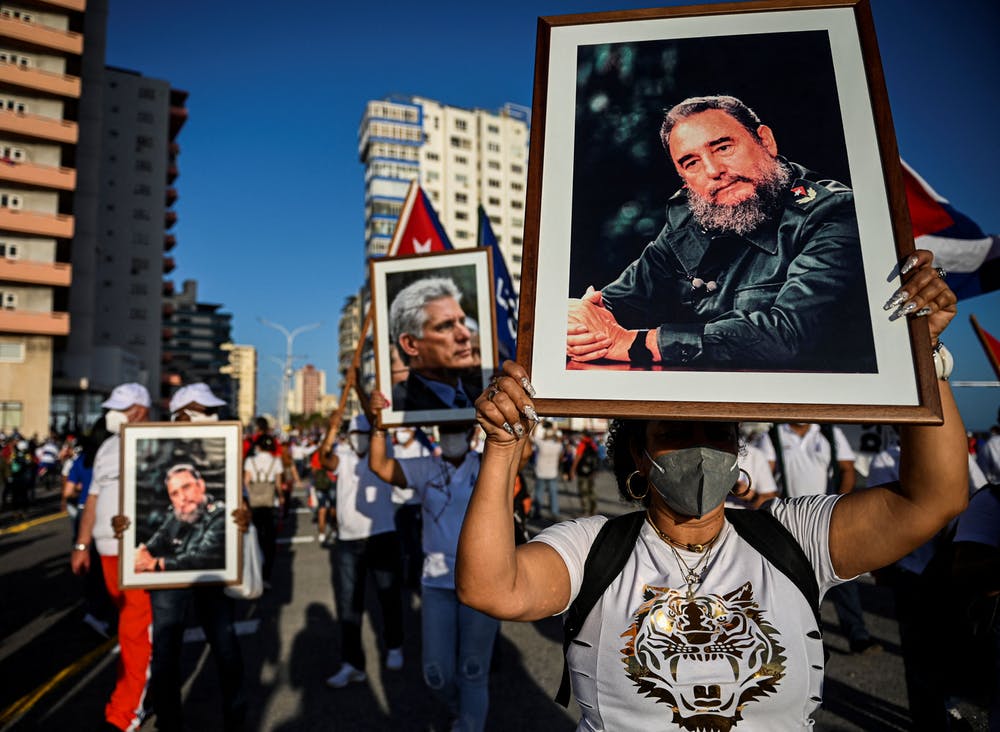
Cuba without Fidel: Five Years Later
Reading time: 6 minutes
For nearly 60 years, and for better or for worse, Fidel Castro was Cuba; at least he fancied himself as such, and the Communist Party which he largely governed with total control, never questioned this image. But what about the Cuban people? Did they really view Fidel as a “modern day Simon Bolivar”, and their one defender against American imperialism?

Gough’s remaking of Defence policy
Gough Whitlam was a physical giant with an intellect to match. His flaws were pretty sizeable, too, and the pygmies who beset him were often from his own party. His self-mocking humour was immensely appealing, and could only be carried off by someone with giant status: ‘I’ve never said I’m immortal. I do believe in correct language. […]
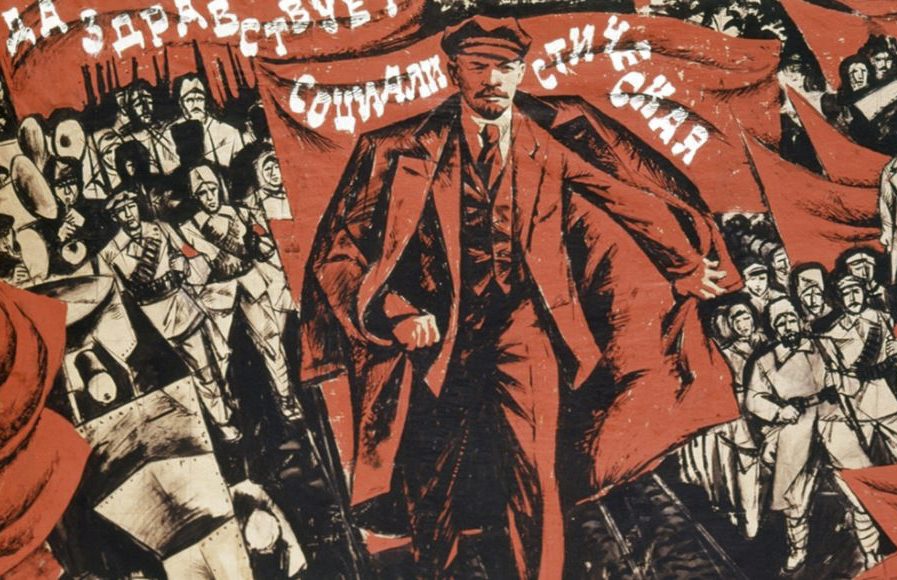
The Russian Revolution
For most people, the term “Russian Revolution” conjures up a popular set of images: demonstrations in Petrograd’s cold February of 1917, greatcoated men in the Petrograd Soviet, Vladimir Lenin addressing the crowds in front of the Finland station, demonstrators dispersed during the July days and the storming of the Winter Palace in October. What happened in the Russian Revolution? These […]
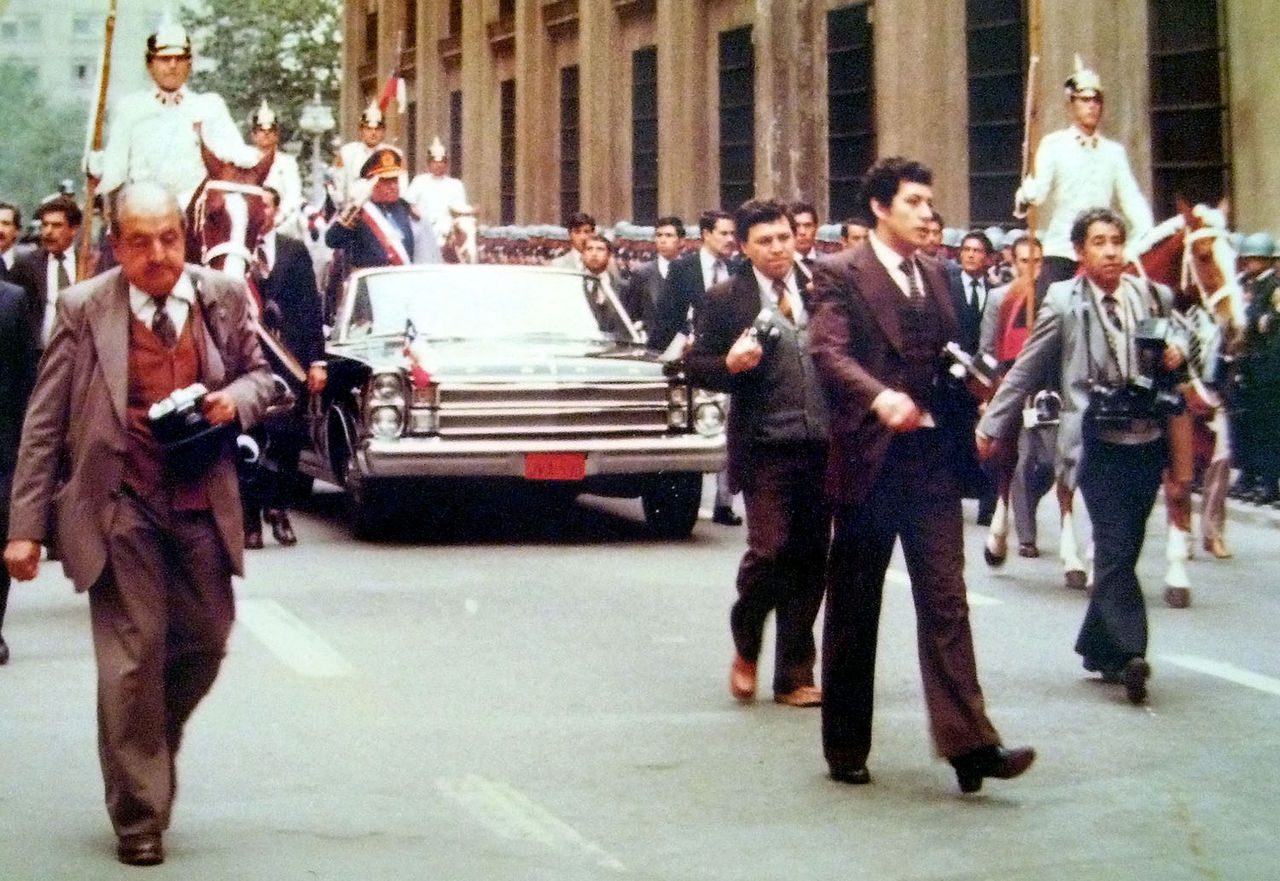
Pinochet’s Chile
General Augusto Pinochet Ugarte, a career military officer, was appointed Commander in Chief of the Chilean army by President Salvador Allende on August 1973. Eighteen days later, with the connivance, if not the assistance, of the US, he authorised a coup against Allende’s Socialist government. To be clear, Pinochet’s rule was not the first, last […]
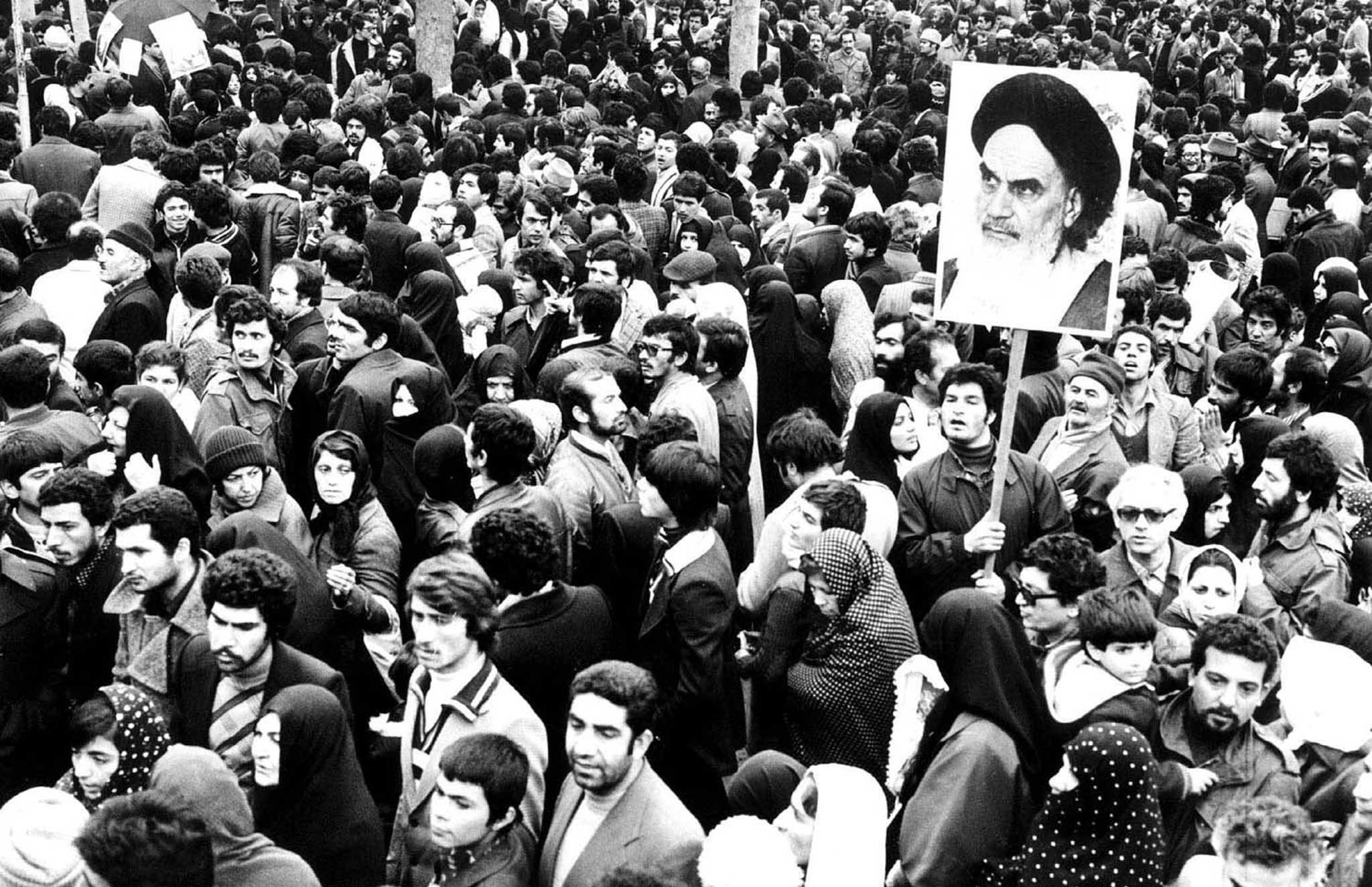
The Iranian Revolution
To understand what caused the Iranian Revolution, we must first consider the ongoing conflict between proponents of secular versus Islamic models of governance in Muslim societies. It all began with the British colonisation of India in 1858, which precipitated the collapse of classic Islamic civilisation. By early 20th century, almost the entire Muslim world was colonised […]
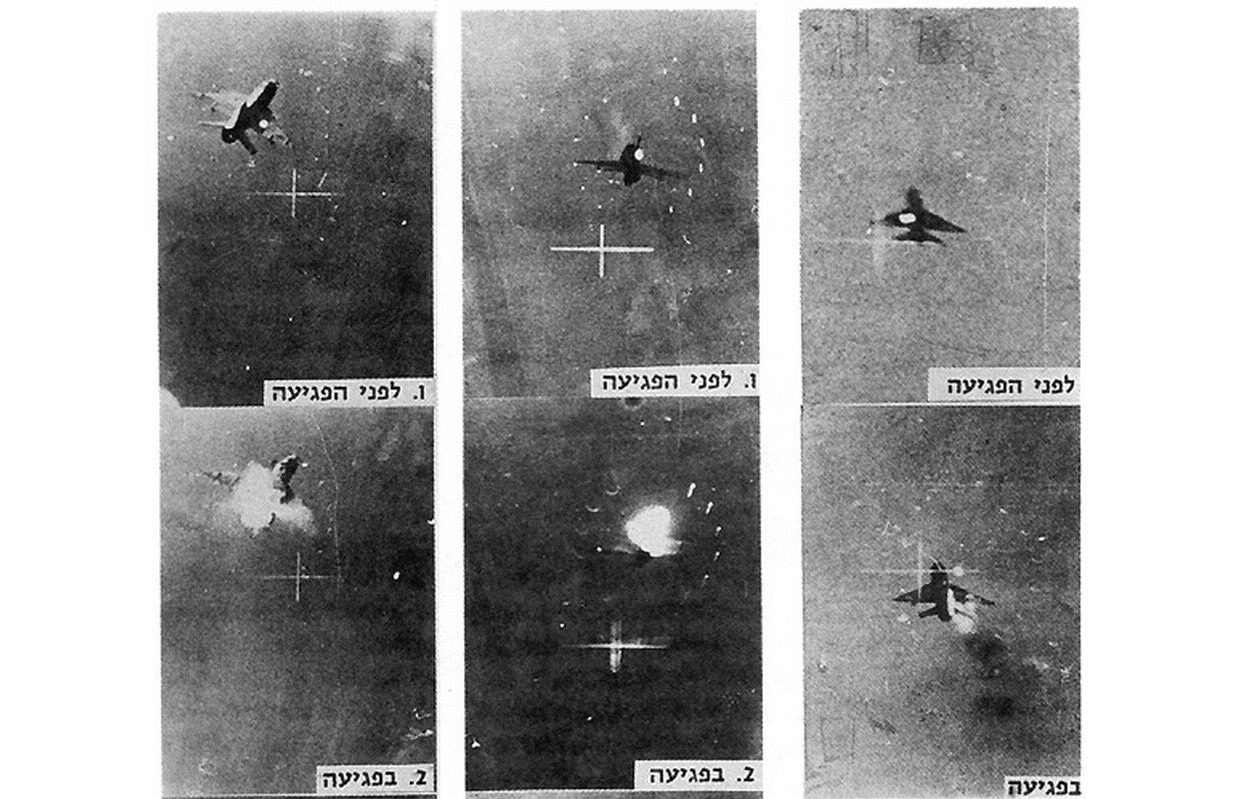
51 years ago: Israel won an air battle, and lost the War of Attrition
The Israel Air Force drew the Soviet expeditionary force in Egypt into a perfect, successful ambush, but pride was the country’s downfall, in the long run. For Israelis, this weekend marks the 51st anniversary of a famous victory. But then as now, hubris may be our worst enemy. On July 30, 1970, the Israel Air […]

